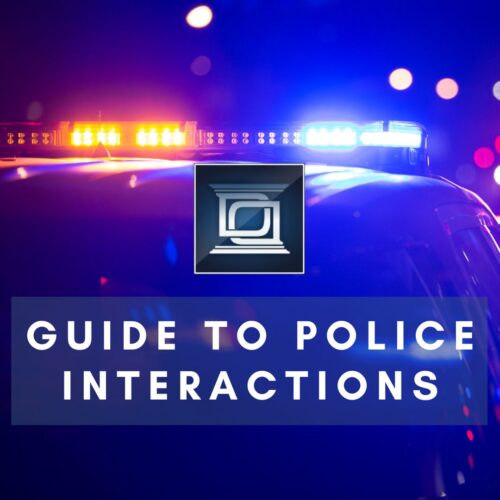What is Entrapment?
Entrapment is a legal defence strategy that arises when law enforcement uses deceit, persuasion, or coercion to induce someone to commit a crime they wouldn’t have otherwise committed. In essence, it involves luring or trapping an individual into criminal activity, often crossing ethical boundaries. Canadian law recognizes that this tactic can infringe on an individual’s rights and may render evidence obtained through entrapment inadmissible in court.
Examples of Entrapment
To understand entrapment better, consider these hypothetical scenarios:
Drug Sales Sting Operation: An undercover officer repeatedly pressures an individual to sell them drugs, despite the person initially refusing. Eventually, the person gives in and sells the drugs. In this case, entrapment may be a valid defence.
Online Predator Sting: Law enforcement creates a fake online persona of an underage individual and engages in explicit conversations with someone online. They then arrange a meeting and arrest the person for attempting to meet a minor, even though they had no history of such activities.
Bait Car Operation: Police leave a car with the keys inside in a high-crime area and wait for someone to steal it. They arrest the person who takes the bait car. This could be considered entrapment if the individual had no predisposition to commit auto theft.
Fighting an Entrapment Case
If you believe you’ve been a victim of entrapment, it’s essential to take action. Here are a few ways to build a strong defence:
- Consult an Experienced Criminal Defence Attorney: Reach out to a seasoned criminal defence attorney like Rob Dhanu of Dhanu Dhaliwal Law Group. They can assess your case, gather evidence, and develop a strategic defence plan tailored to your specific situation.
- Document the Interaction: If possible, document any interactions with law enforcement that you believe may constitute entrapment. This can include keeping text messages, emails, or any other records of communication.
- Identify Witnesses: If there were witnesses to the entrapment, their statements can be crucial to your defence. Secure their contact information and ask if they are willing to testify on your behalf.
- Challenge the Evidence: Your lawyer can file motions to suppress evidence obtained through entrapment. If successful, this could lead to the dismissal of charges.
If you find yourself entangled in a criminal case involving potential entrapment, don’t face it alone. DDLaw’s team of experienced criminal defence attorneys is here to protect your rights, fight for justice, and provide you with expert legal guidance.
Your rights matter, and we’re committed to defending them vigorously. Reach out to us today to schedule a consultation and discuss your case. Together, we can navigate the complexities of the legal system and work towards the best possible outcome for your situation.






